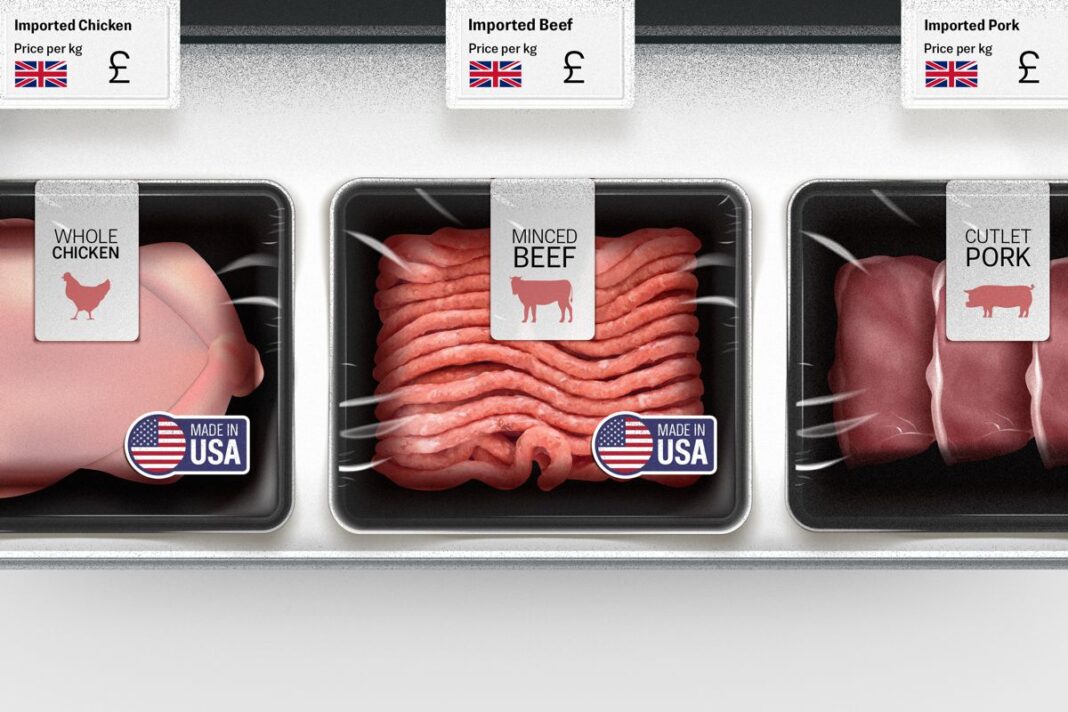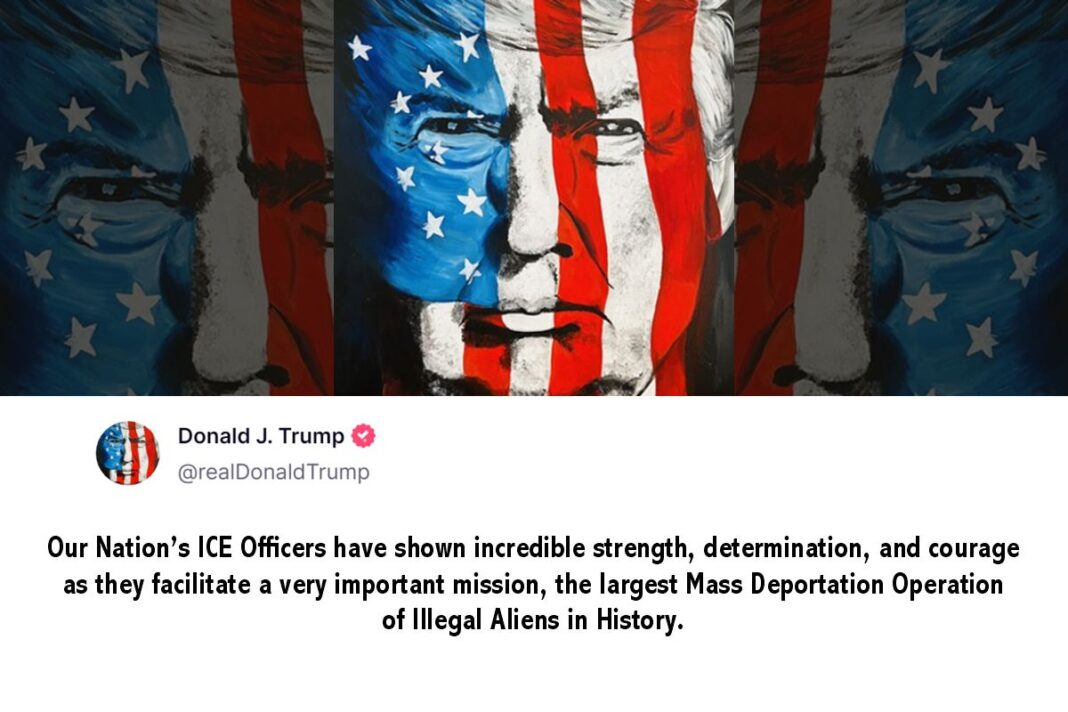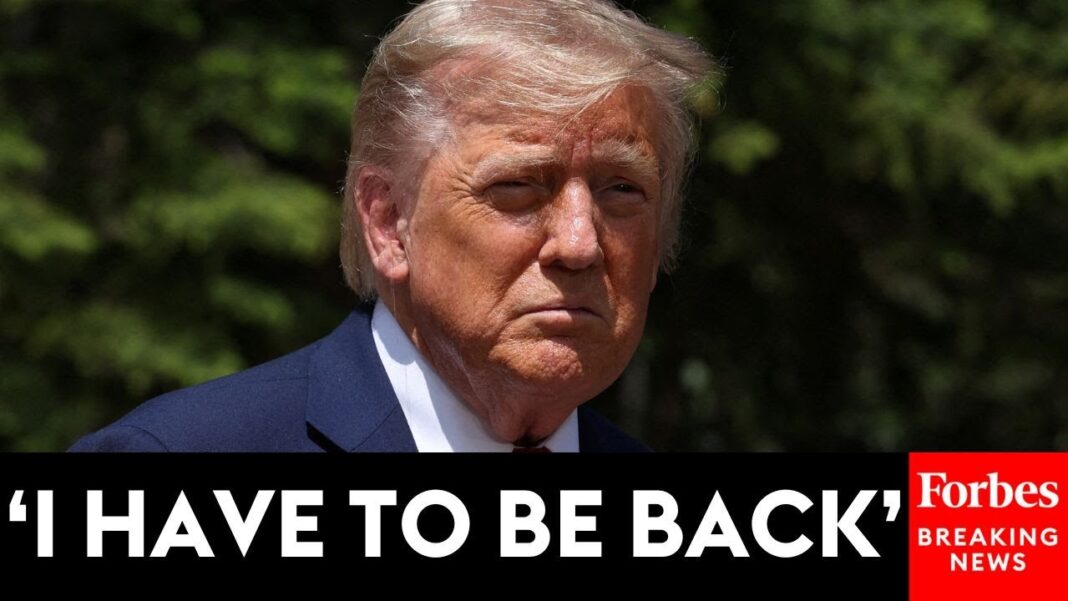Will it drive down UK standards or open a door for higher-quality U.S. products?
The first trade deal to emerge from the Trump administration’s global tariff blitz is a narrow pact with one of the United States’ closest allies and a potential bright spot for U.S. agriculture.
The White House said the Economic Prosperity Deal with the UK, signed June 16, includes “billions of dollars of increased market access for American exports, especially for beef, ethanol, and certain other American agricultural exports.”
The deal will provide tariff relief on British car exports, although deals on steel and aluminum have not yet been finalized.
The agreement will reduce or eliminate UK tariffs and nontariff barriers—which, according to U.S. President Donald Trump, have unfairly discriminated against U.S. goods—on some agricultural products, giving U.S. producers a $5 billion boost.
During a May 9 Oval Office news conference to announce the deal, a reporter asked Trump if he was calling on the UK to accept all U.S. beef and chicken, referencing a long-simmering standoff over food standards between the two countries regarding hormone-treated beef and chlorine-washed chicken from the United States, both banned in Europe and the UK.
Trump suggested that the UK could “take” what it wants from the United States’ agricultural options.
He also mentioned that Health Secretary Robert F. Kennedy Jr. is seeking to shift U.S. food standards—likely toward those of the UK and Europe, “with no chemical, no this, no that.”
And on May 22, Kennedy’s Make America Healthy Again commission delivered a report taking aim at processed food and chemical toxins as drivers of chronic disease and declining health among U.S. children.
There are questions about how far the principles underlying the report will be extrapolated across the administration. For example, the Environmental Protection Agency (EPA) has signaled that it does not plan to implement a “European mandate system that stifles growth” to reduce pesticide use.
But it was an encouraging step for those hoping that this administration will take a more precautionary approach to regulating food safety.
During Trump’s comments at the May 9 news conference, Agriculture Secretary Brooke Rollins interjected to add, “American beef is the safest, the best quality, and the crown jewel of American agriculture for the world.”
The exchange highlighted a significant difference between the two countries. The United States continues to use agricultural and animal management substances that are banned in the UK, including certain pesticides, genetically modified crops, growth hormones, and antibiotics.
Since the years leading up to Brexit—the UK’s 2020 departure from the European Union (EU)—when the country appeared ripe for prying from Europe’s regulatory apparatus, the U.S. government and agriculture industry have been aggressively lobbying to remove trade barriers for agricultural products.
This may prove more difficult now, as the UK on May 19 reached a deal to “realign” with the EU on several key issues, among them food safety and animal welfare standards.
Meanwhile, UK leaders have vowed that the new trade framework with the United States will not affect standards—affirming that a ban on hormone-treated beef and chlorinated chicken is a “red line” in negotiations.
Details are scant so far on the final terms of the deal and how it will ultimately shake out for the industry on both sides of the Atlantic.
And while some UK industry groups worry that an influx of U.S. products will drive down standards and prices, some U.S. observers see an opportunity to produce higher-quality U.S. exports.








